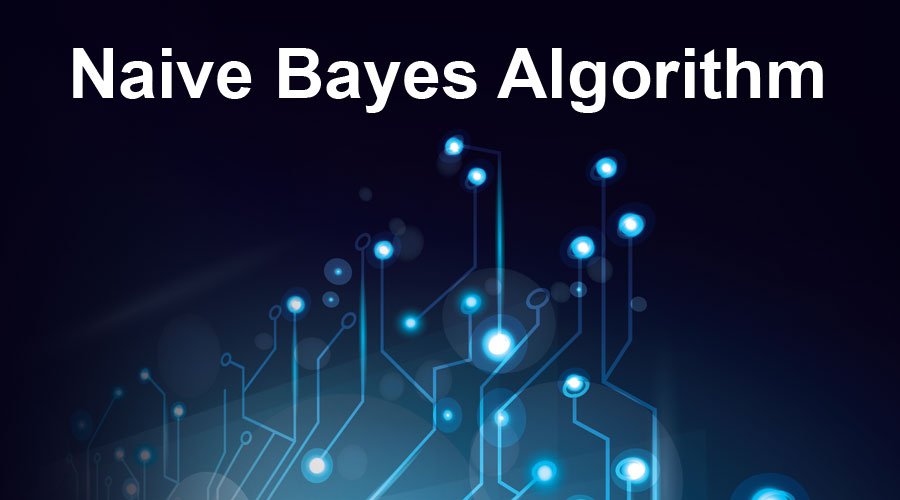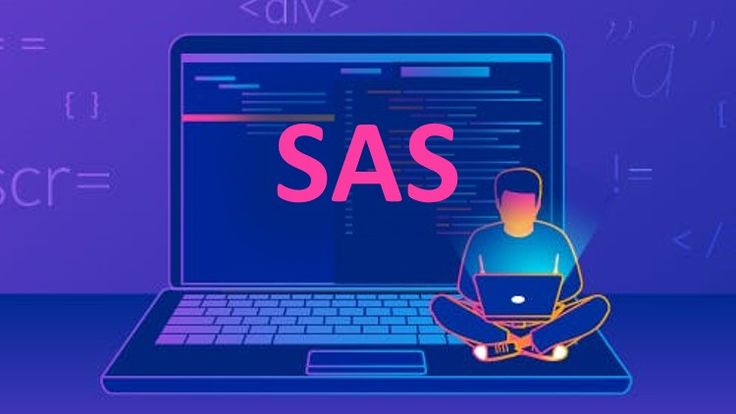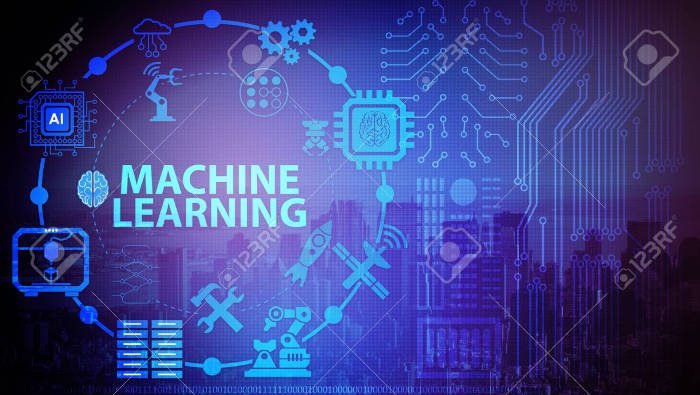Description
Introduction
Machine learning plays a crucial role in modern data science by enabling predictive analytics, pattern recognition, and automation. MATLAB, with its robust toolboxes and user-friendly environment, provides a powerful platform for developing machine learning models efficiently. This course covers the fundamentals of machine learning using MATLAB, focusing on data preprocessing, model training, evaluation, and optimization for real-world applications.
Prerequisites
Before taking this course, participants should have:
- Basic knowledge of MATLAB programming.
- Understanding of linear algebra and statistics.
- Familiarity with data science concepts (helpful but not required).
Table of Contents
1. Introduction to Machine Learning and MATLAB
1.1 Overview of Machine Learning in Data Science(Ref: AI for Data Science: Enhancing Analytical Workflows)
1.2 Why Use MATLAB for Machine Learning?
1.3 Setting Up MATLAB and Toolboxes
1.4 Introduction to MATLAB Machine Learning Toolbox
1.5 Exploring MATLAB’s Built-in Machine Learning Datasets
2. Data Preprocessing and Feature Engineering
2.1 Handling Missing Data and Outliers
2.2 Data Normalization and Standardization
2.3 Feature Selection and Dimensionality Reduction
2.4 Data Transformation and Encoding Categorical Variables
2.5 Exploratory Data Analysis (EDA) and Visualization in MATLAB
3. Supervised Learning Algorithms
3.1 Regression Models (Linear, Polynomial, Ridge, Lasso)
3.2 Classification Models (Logistic Regression, SVM, Decision Trees, k-NN)
3.3 Ensemble Methods (Random Forest, Boosting, Bagging)
3.4 Performance Metrics: Accuracy, Precision, Recall, F1 Score, ROC Curve
3.5 Implementing and Evaluating Supervised Models in MATLAB
4. Unsupervised Learning Techniques
4.1 Clustering Algorithms (K-Means, Hierarchical Clustering, DBSCAN)
4.2 Principal Component Analysis (PCA) for Dimensionality Reduction
4.3 Anomaly Detection using MATLAB
4.4 Density-Based and Distribution-Based Clustering
4.5 Evaluating Clustering Performance
5. Deep Learning with MATLAB
5.1 Introduction to Neural Networks and MATLAB Deep Learning Toolbox
5.2 Building and Training Artificial Neural Networks (ANNs)
5.3 Convolutional Neural Networks (CNNs) for Image Processing
5.4 Recurrent Neural Networks (RNNs) for Time Series Data
5.5 Transfer Learning and Pre-trained Models in MATLAB
5.6 Deploying Deep Learning Models in MATLAB
6. Model Evaluation and Optimization
6.1 Cross-Validation Techniques (K-Fold, Leave-One-Out)
6.2 Hyperparameter Tuning using Bayesian Optimization
6.3 Overfitting and Underfitting: Identifying and Fixing
6.4 Regularization Techniques (L1, L2, Dropout)
6.5 Automated Machine Learning (AutoML) in MATLAB
7. Time Series Forecasting with Machine Learning
7.1 Introduction to Time Series Analysis
7.2 ARIMA and Exponential Smoothing Methods
7.3 Machine Learning Approaches for Time Series Prediction
7.4 LSTM and RNN Models for Time Series Forecasting
7.5 Evaluating and Fine-Tuning Time Series Models
8. Reinforcement Learning in MATLAB
8.1 Basics of Reinforcement Learning and Applications
8.2 Q-Learning and Deep Q Networks (DQN)
8.3 Policy Gradient Methods and Actor-Critic Algorithms
8.4 Implementing Reinforcement Learning Models in MATLAB
8.5 Optimizing and Deploying RL Models
9. Natural Language Processing (NLP) with MATLAB
9.1 Text Preprocessing: Tokenization, Stemming, Lemmatization
9.2 Feature Extraction: Bag-of-Words, TF-IDF, Word Embeddings
9.3 Sentiment Analysis using Machine Learning Models
9.4 Sequence Models and NLP with Deep Learning (LSTMs, Transformers)
9.5 Deploying NLP Applications in MATLAB
10. Practical Applications and Case Studies
10.1 Machine Learning in Finance: Fraud Detection and Risk Modeling
10.2 Healthcare Applications: Disease Prediction and Medical Imaging
10.3 IoT and Smart Systems: Predictive Maintenance
10.4 Supply Chain and Retail: Demand Forecasting
10.5 Hands-on MATLAB Projects for Industry-Specific Use Cases
11. Deploying Machine Learning Models
11.1 Exporting Models for Production Use
11.2 Integrating MATLAB Machine Learning Models with Python and Java
11.3 Using MATLAB with Cloud Platforms (AWS, Azure)
11.4 Edge AI and Deploying Models on Embedded Systems
11.5 Automating Model Deployment and Monitoring
12. Future Trends in Machine Learning and MATLAB
12.1 Advances in AI and Deep Learning
12.2 Explainable AI (XAI) and Interpretability in Machine Learning
12.3 Quantum Machine Learning (QML) and MATLAB
12.4 Ethical Considerations and Bias in Machine Learning Models
12.5 Career Paths and Next Steps in Machine Learning with MATLAB
Conclusion
This course equips participants with essential machine learning skills using Data Science using MATLAB, covering both theoretical foundations and practical applications. By the end of the training, learners will be able to develop, evaluate, and deploy machine learning models efficiently for real-world data science challenges.










Reviews
There are no reviews yet.